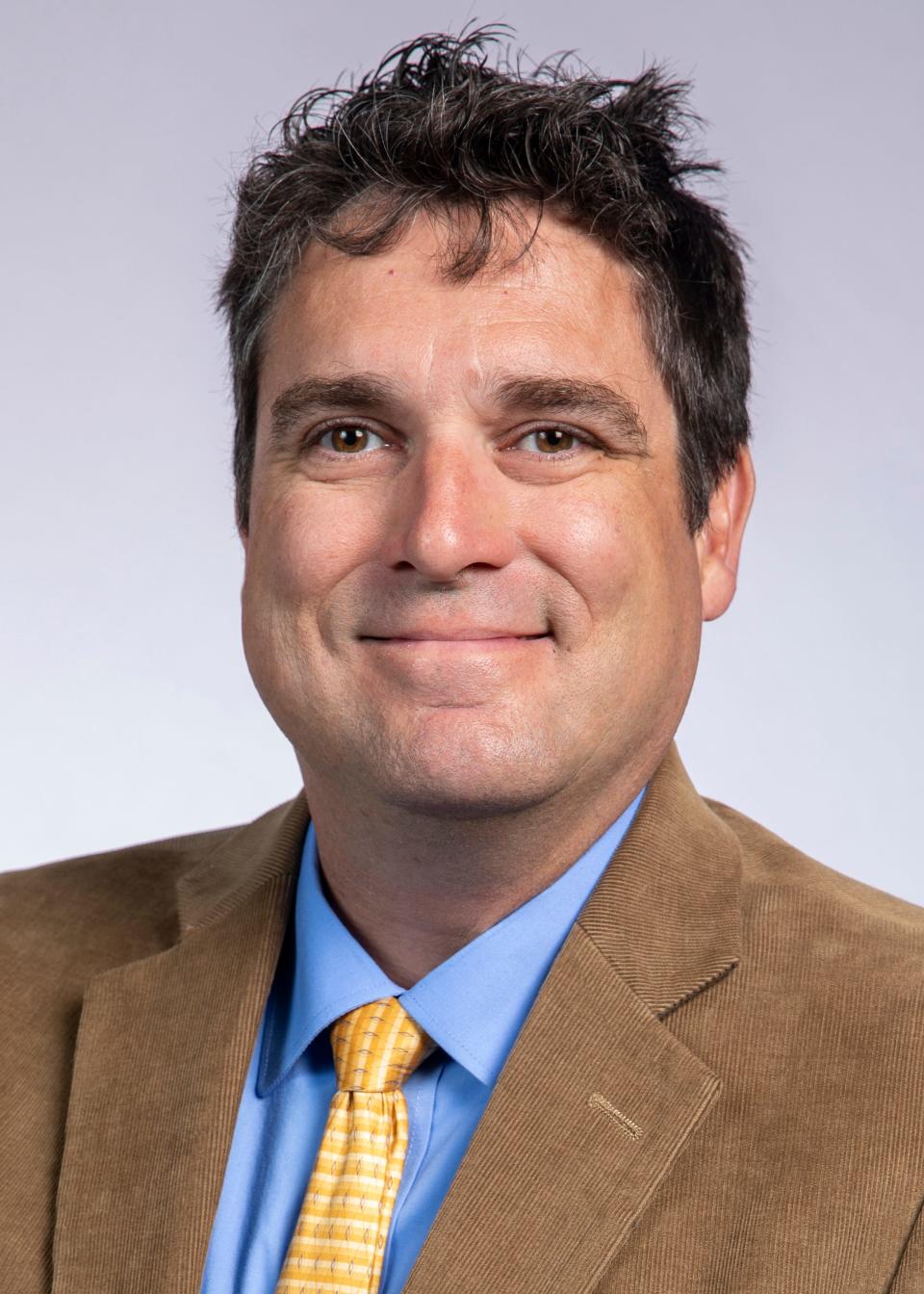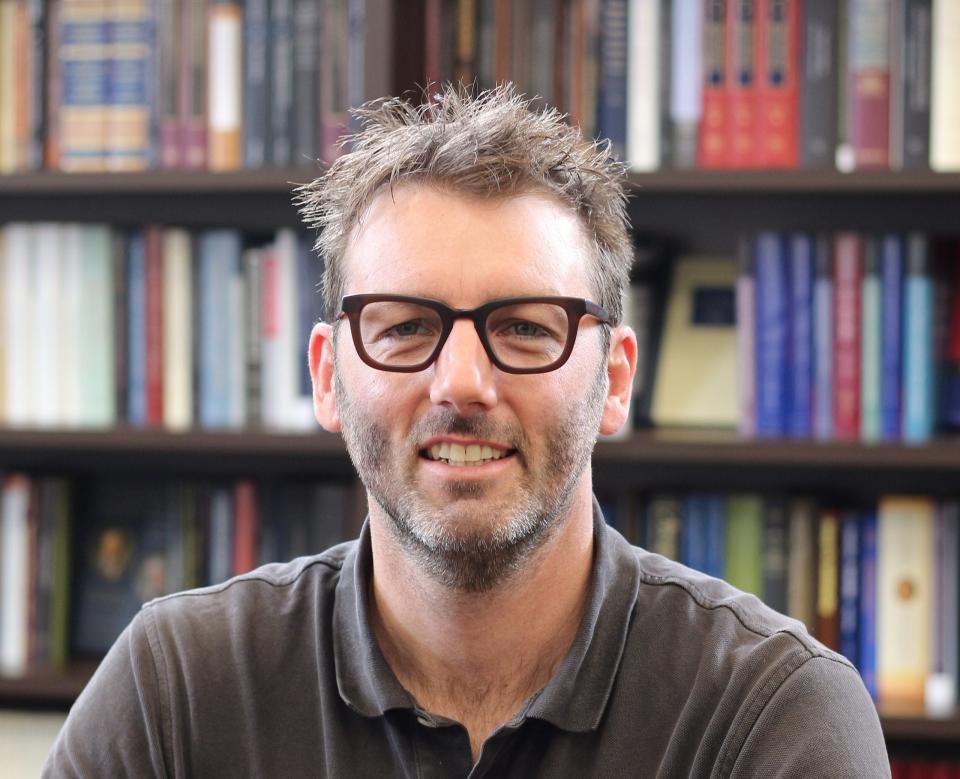MU professors on what Ukraine's military advancements mean
- Oops!Something went wrong.Please try again later.
As winter approaches, Ukraine's military has the momentum in its effort to oust Russia from its territory, say two University of Missouri professors.
But it won't be easy, they said.
Stephen Quackenbush, director of the Defense and Strategic Studies Program in the Truman School of Government and Public Affairs, and Jay Sexton, director of the Kinder Institute on Constitutional Democracy, talked Tuesday about the situation in Ukraine.
They were interviewed before Russian President Vladimir Putin on Wednesday announced a partial military mobilization of 300,000 more soldiers. Ukraine has forced Russia to retreat from the Kharkiv region, with Ukraine reclaiming thousands of square miles of previously occupied territory.
Putin also is staging referenda on the annexation of occupied territory. The U.S. ambassador to Ukraine has labeled both actions signs of Putin's weakness.
The Ukrainian military has a different motivation than the Russian military, Quackenbush said.

"The Ukrainian military are fighting for their homeland," Quackenbush said. "They're fighting for their continued independence."
"Russian soldiers don't know why they're fighting," he continued. "That difference matters a lot."
Ukraine has withstood the Russian invasion well, he said.
"It has really changed with the eastern offensive in the Kharkiv region" by Ukraine, Quackenbush said. "Russia has strengthened its defenses around Kherson. Russia still holds a lot. Ukraine is definitely turning the tide. The momentum is with Ukraine at the moment."
Diplomacy isn't likely in this scenario, Sexton said.
"The Russians aren't going to enter into negotiations when they're clearly at a disadvantage," Sexton said. "For Ukraine, this is their chance to press the advantage. It makes diplomacy less likely now."

Ukraine also is opposed to giving up any of its territory, he said.
Russia has weathered Western sanctions better than many predicted, Sexton said.
Is Putin's power at risk?
Probably not, the professors said.
"His military advisers are in trouble, for sure," Sexton said. "There is evidence of rising dissent. I don't think it's on the scale yet to lead to trouble for Putin. It's clearly not going well. I wouldn't say that Putin's regime is in peril."
If Putin were to be brought down, it would lead to quick end to the war, Quackenbush said.
Dissent is handled harshly in Russia, Quackenbush said.
This month, a Russian oligarch whose company criticized Russia allegedly fell from a hospital window to his death, he said.
"The problem with autocratic rulers is it's difficult to remove them," Quackenbush said.
The big picture needs to remain in focus for all sides, Sexton said.
"Winter is around the corner," Sexton said. "Europeans are going to have to make massive sacrifices."
They will be without Russian heating oil that they have relied on in the past, he said.
"Can the Western alliance stay in place?" Sexton said. "The West has to hold the line. It's a well-timed Ukrainian advance. I think those things matter."
Roger McKinney is the Tribune's education reporter. You can reach him at rmckinney@columbiatribune.com or 573-815-1719. He's on Twitter at @rmckinney@columbiatribune.com.
This article originally appeared on Columbia Daily Tribune: University of Missouri professors discuss Ukraine's military advances

